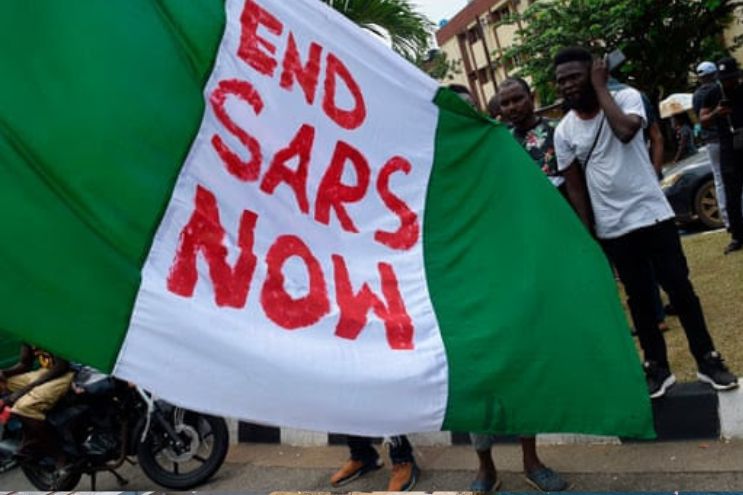Three Years On: What #EndSARS Taught Nigerian Youths
Movements without a public face can be challenging to manage in terms of coordinating actions of protesters and maintaining a cohesive message.
For many youths who witnessed or participated in the #EndSARS protest, a nationwide protest in Nigeria against police brutality, the memories of that event continue to inspire their engagement in social and political matters in the country.
Thomas Ojieh, a Lagos-based youth in his late 20's, who spoke with the Record said the protest…




